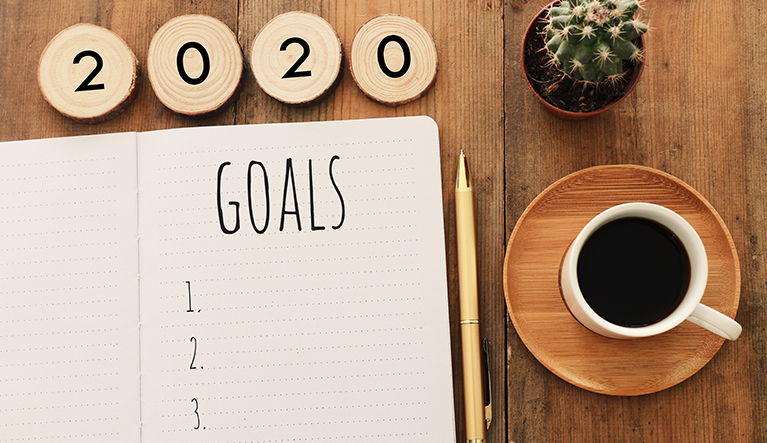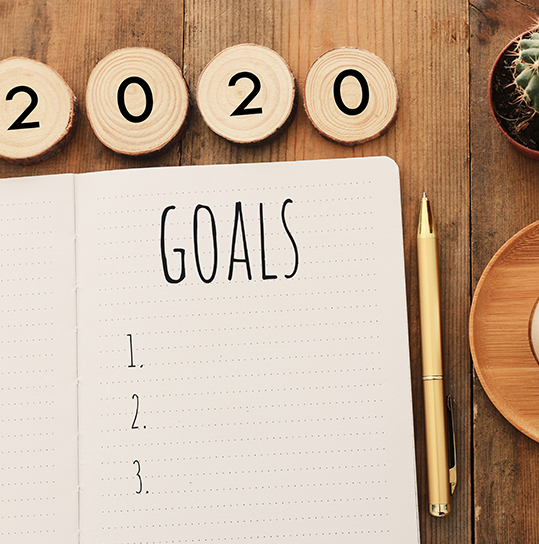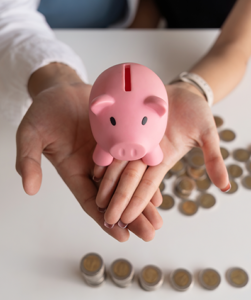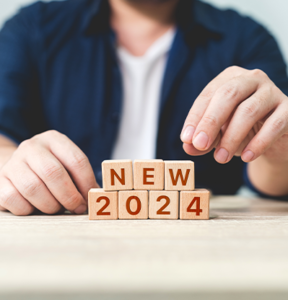

Track your spending.
Step one is to know the ins and outs of your spending habits.
For at least 30 days, take note of where you’ve been allocating
your funds. How much do you spend on groceries, utilities, rent
(if applicable), and travel expenses? You should also look at
your monthly subscriptions and plans, if any, as well as your
shopping or leisure expenses.
Know your income.
Before you begin spending, know what funds you’re working
with. How much do you earn? How many people are paying for household expenses? The more you know about your finances,
the better you can plan your budget.
Leave room for the unexpected.
Always overestimate funds for basic needs, emergencies, or unplanned expenses. Leaving a buffer in your budget is
especially helpful if you are self-employed or if your income is
inconsistent.

Set goals.
When planning your monthly budget, set small and big goals for
yourself. Whether it’s paying off your debt, decorating your
living room, or buying your first home, take the necessary steps
to make it happen. Accomplishing milestones can help inspire
you to keep going and to do better.
Include your savings in your budget.
Treat your savings as part of your utilities or monthly
obligations. Set an amount to “pay” consistently. To make
saving easier and lighter for you, we offer the KayaMo Saver’s
Plan. This disciplined financing program keeps you on-track of
your budget through a salary deduction scheme and flexible
payment terms, helping you save up for emergencies and
long-term goals.
Keep an updated record.
Whether it’s through an app, a notebook, or a spreadsheet, we
recommend documenting your finances. Keep your receipts
and use them to better track your spending. By having your
monthly income and expenses recorded, you can create a
clearer and well-grounded plan.







